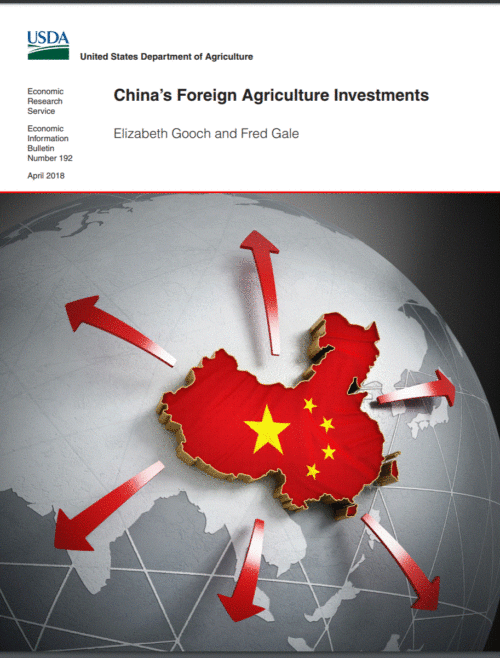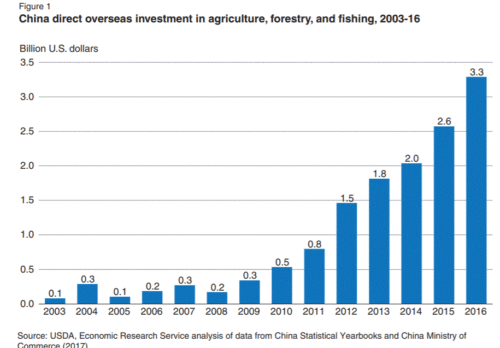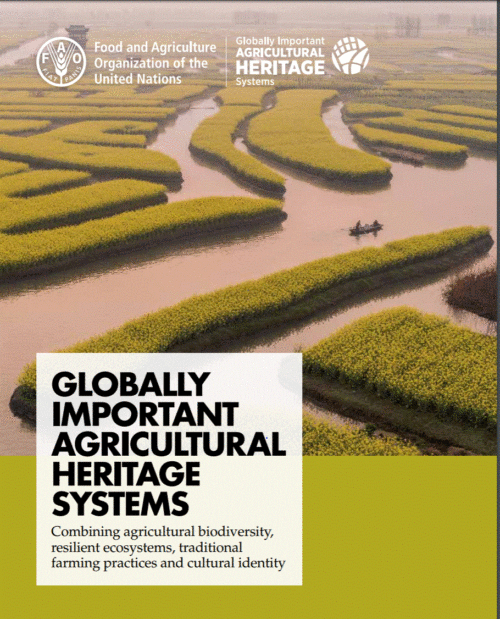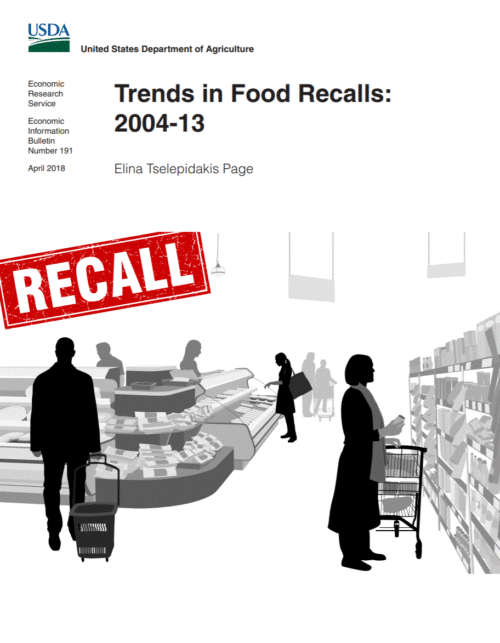FoodNavigator-USA on fiber, probiotics, and digestive health
This is one of FoodNavigator’-USA’s ongoing series of collected articles on specific topics from a food-industry perspective, in this case, digestive health.
Special Edition: Digestive health
Digestive health used to revolve around roughage, but as understanding of the relationship between our gut and our overall health has grown, consumers are now exploring everything from prebiotic fibers and probiotics to a new wave of fermented foods or simply avoiding foods that make them feel bloated or lethargic. We explore how consumers are thinking about gut health and how manufacturers can tap into demand for foods that make our microbes happy.
- How are consumers thinking about digestive health? Hartman Group weighs in: For some consumers, digestive health is about avoiding foods that make them feel bloated or lethargic, for some, it’s about ‘roughage’ and ‘regularity,’ while for others it’s about keeping their guts happy with prebiotics and probiotics, says Hartman Group… Read
- Green banana flour: A powerful new tool in the digestive health toolbox? Milled starchy unripe bananas – which are low in sugar and high in RS2 resistant starch – can help people better control their blood glucose, but they also confer an exciting range of digestive benefits, making them a powerful new gut health ingredient, claims the firm behind NuBana green banana flour… Read
- Not all fiber is created equally, creators of resistant starch-packed Barley+ argue: Consumer demand for fiber is on the rise thanks in part to increased awareness of the ingredient’s cancer-fighting and other health benefits, but according to recent research not all fiber packs the same punch… Watch now
- Good mood food? Consumers are catching onto prebiotics, says dietitian turned food entrepreneur: While nutrition scientists are still unlocking the secrets of the gut microbiome, consumers increasingly understand that what we feed the army of microbes that line our digestive tracts may be intimately connected to our physical – and mental – health and wellbeing, says Kara Landau, the dietitian behind a new brand dedicated to gut health: Uplift: Good Mood Food… Read
- Beneo: ‘Prebiotics open a whole new door to the world of gut health that hasn’t been well explored in the US’: Brands and consumers are getting more comfortable talking about digestive health, with the conversation shifting beyond getting enough fiber for regular bowel movements, to the gut microbiome, says Beneo, which says growing interest in probiotics is helping Americans get their heads about the concept of prebiotics… Read
- Dannon continues yogurt and gut microbiome exploration with $50,000 in fellowship grants: As part of Danone North America, the Dannon Probiotics Fellowship Grant Program has awarded two graduate students with $25,000 each to help fund their independent and novel studies of yogurt, probiotics, and the human gut microbiome… Read
- Paleo On The Go sees ‘huge’ potential for convenient, auto immune protocol compliant products: With one in five Americans suffering from an auto immune disease and looking for ways to manage their conditions through diet, the market potential for foods and beverage that comply with the auto immune protocol is “huge,” and yet relatively untapped, according to one entrepreneur in the space… Read
- CHR Hansen sees growing demand for probiotics in drinkable yogurts, kids’ snacks, plant-based fermented foods: US consumers are increasingly interested in the relationship between intestinal bacteria and overall health, says CHR Hansen, but there is some confusion about which foods and beverages contain probiotics: live microorganisms that, when administered in adequate amounts, confer a health benefit on the host (according to the World Health Organization)… Read
- FDA issues guidance on added sugar, dietary fiber, serving sizes: The FDA has unveiled guidance on added sugars, serving sizes and dietary fibers to help manufacturers implement the new Nutrition Facts label, and says it’s working on a plan to incentivize manufacturers to make healthier products and “provide consumers with helpful tools to make healthy food choices, including clarity on food label claims.”.. Read
- Unique milling process qualifies Grain Millers’ oat hull fiber as ‘intrinsic and intact’ dietary fiber under FDA rules, claims company: Should oat hull fiber be classified as a dietary fiber? It depends, according to Grain Millers, which claims that its unique, mechanical milling process ensures that its oat hull fiber is the only one on the market that meets the FDA’s definition of ‘intrinsic and intact’ fibers, and queries whether oat fibers made using traditional chemical methods meet the FDA definition of ‘isolated or synthetic’ fibers either… Read
- Barrel Creek Provisions breathes new life into fermented foods: Barrel Creek Provisions has undergone a brand transformation to establish itself as a formidable player in the fermented foods category, a market that continues to grow alongside consumers’ interest in gut health and probiotics… Read






